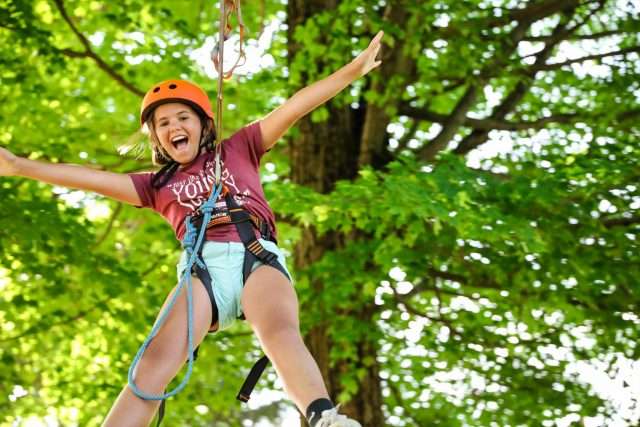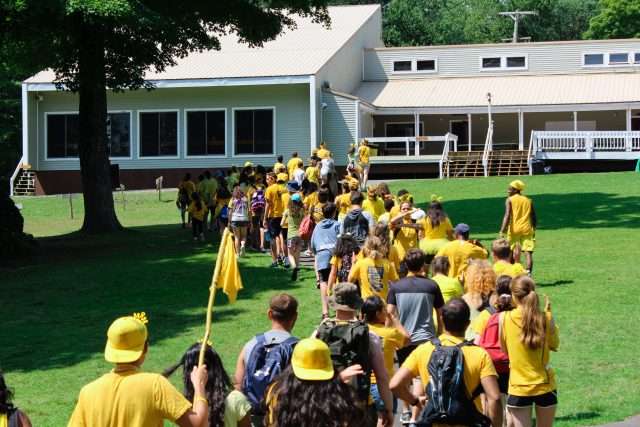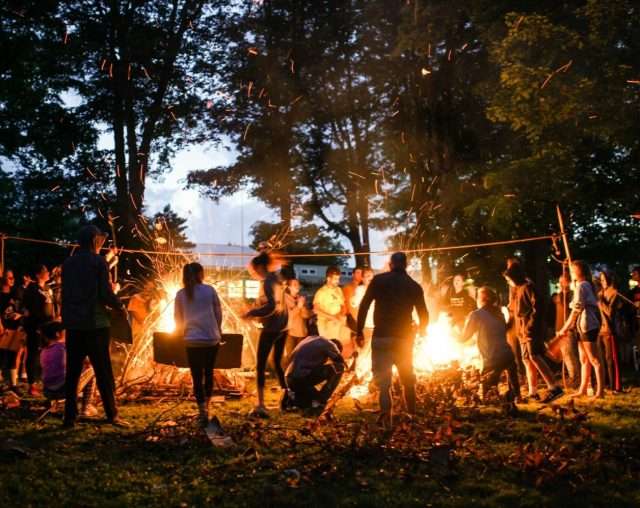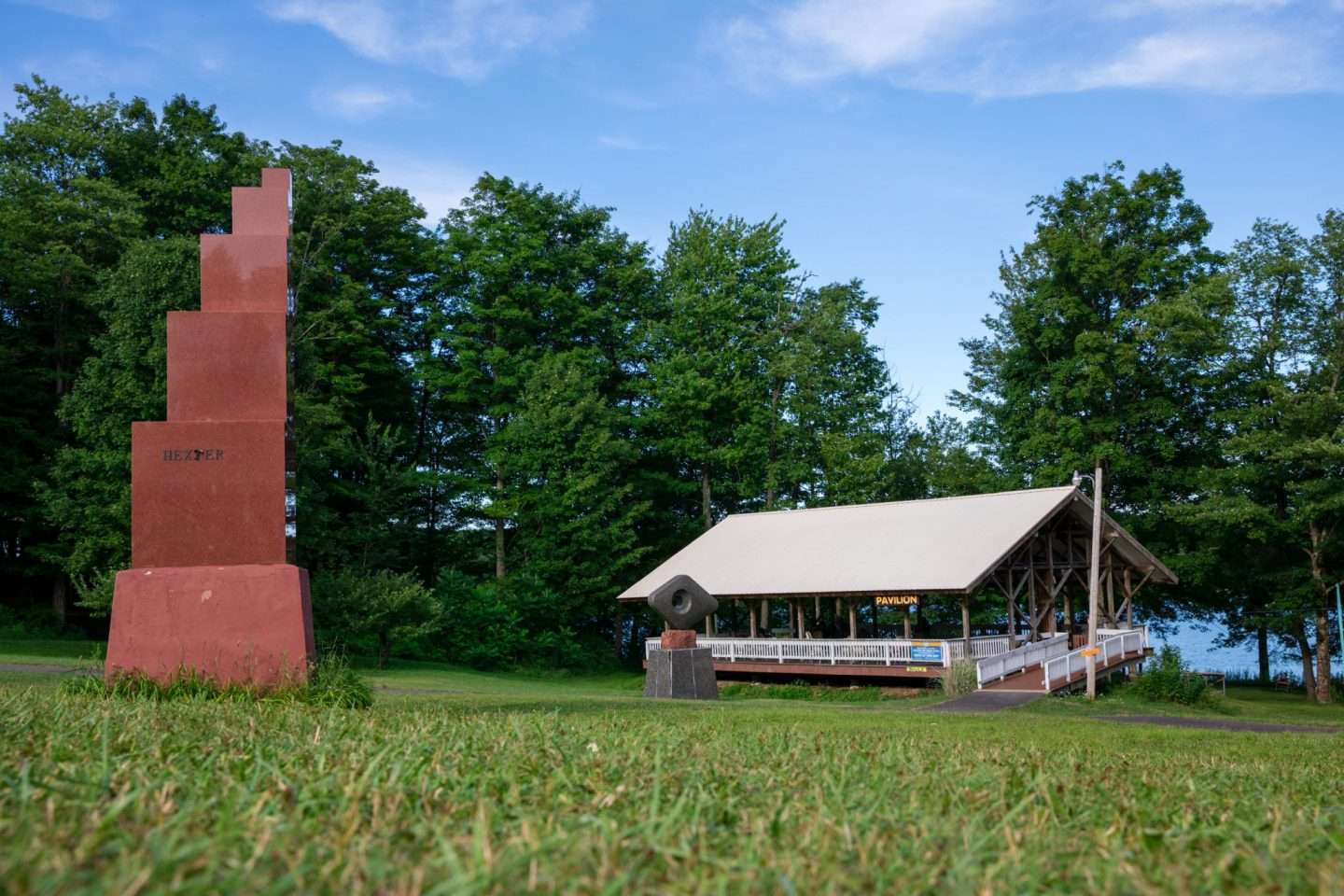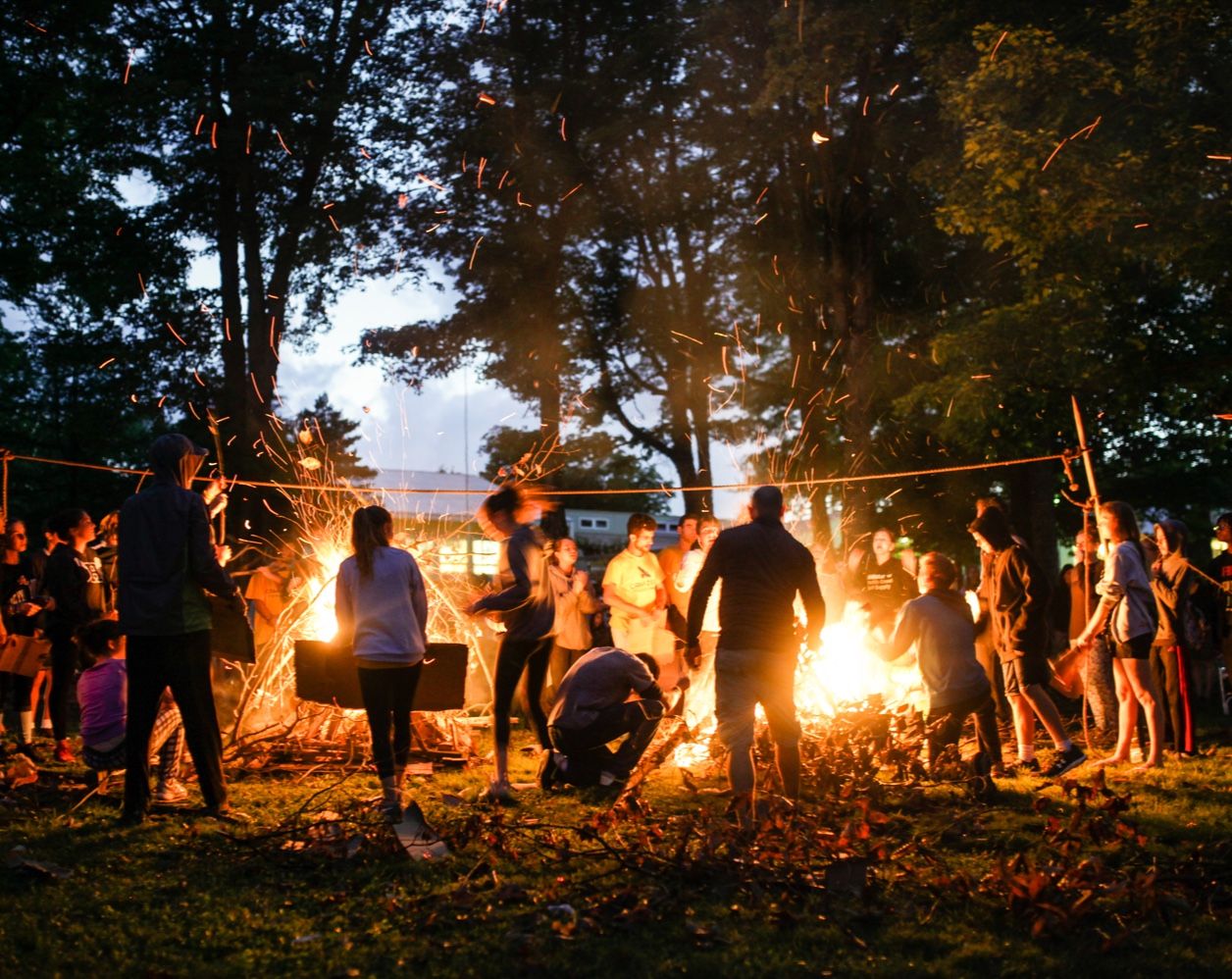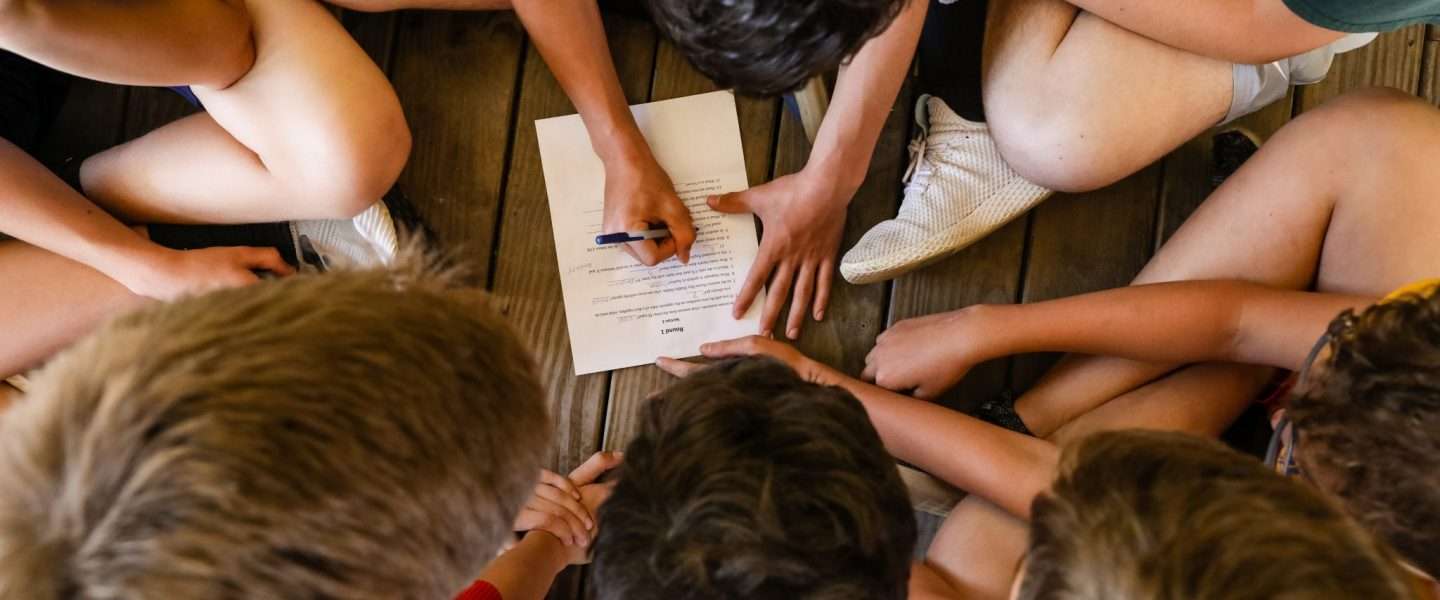By Jamie Lake (appeared in Kveller)
My camp duffel bags are 30 years old.* This is the first time since 1986 that they will not make the trek with me from Chicago to Wisconsin for a summer filled with outdoor adventure and friendship. As a life-long camper and now retired camp director, I have enough experience to write a doctoral dissertation on how to prepare your child for the essential Jewish-American tradition: going to overnight camp. Instead of boring you with endless suggestions, I’ll share some tried and true advice.
- Shop, label, and pack with your child. Gathering items and labeling them with your child’s name, especially for the first timer, can be a lot of work. Doing this together sets the stage for the camp experience where your child will be responsible for her belongings. Kids should know what they are bringing with them, and parents can keep an eye on making sure that unnecessary or banned items don’t end up in your child’s luggage. [As a reminder, see page 11 of the Parent Handbook for Camp Zeke’s packing list.]
- Be smarter than the packing list. Camp directors spend years creating and reworking the camp’s packing list, but this list is designed for a generic camper, not your camper. You’ll want to follow the packing list recommendations, but you also don’t want to send unnecessary things. For example, if your daughter hates wearing sandals, don’t send her to camp with sandals even if they’re on the packing list. (This logic should not be applied to toothbrushes, soap, or shampoo no matter how much your child may dislike using them!) Also, resist the Jewish parent urge to go way beyond what is recommended on the packing list. Your child will have limited space to keep all of her belongings. I promise that once she gets to camp, she won’t need every gimmicky camp accessory or 10 extra t-shirts.
- Talk about camp, but avoid the scary-funny stuff. Keep in mind that the funny memories you have about mishaps from your days as a camper may only be funny because of the time that has passed since the experiences. You want to avoid mentioning that one time a bat flew into your cabin… Instead, focus on neutral memories, talk about what they are looking forward to, check out the photos on the camp’s website, or watch the camp’s promotional video together.
- Practice, practice, practice. I hope that one of the reasons you are sending your child to camp is to help him gain independence and a sense of personal responsibility. Begin now by having your soon-to-be camper manage his own hygiene routines (teeth brushing, showering, hair brushing), keeping track of his things, and making his bed with minimal reminders. These are skills that kids will use at camp, and you won’t be there to keep on them. Your child’s counselors will provide gentle reminders, but they will really appreciate a camper who is ready to do these things without much prodding.
- Manage expectations. This can take on many forms in the weeks leading up to camp. Camp is an unbelievable experience, but similar to home, it is not always perfect. It’s OK to be honest about this with your child. The same idea applies to homesickness. Missing home is a normal part of being away from home, and it doesn’t mean that you can’t have fun at camp. In both scenarios, what’s most important is that you discuss with your child who they can talk to at camp if they are having a bad day or are really missing your dog. Kids should know that the adults at camp [Camp Zeke’s counselors, unit heads, nurses, camper care specialists, and directors] are there to help them problem solve.
- Do not make The Promise. With the bests of intentions, many parents tell their campers that they will come get them if they are not happy. This is the worst thing you can tell a camper. First, the statement sends the message to your child that you don’t believe in her ability to succeed at camp. Second, it sets up unrealistic and low expectations about camp. These feelings often leave campers to take the easy way out if they are ever sad at camp instead of working through the issues and gaining independence.
The camp experience begins long before your camper arrives at camp. These suggestions will help set them up for success and, hopefully, lay the foundation for them to be become life-long campers, too.
*Note: Do not expect your duffel bags to last as long as mine. I think this is a case of, “they don’t make things like they used to.”
